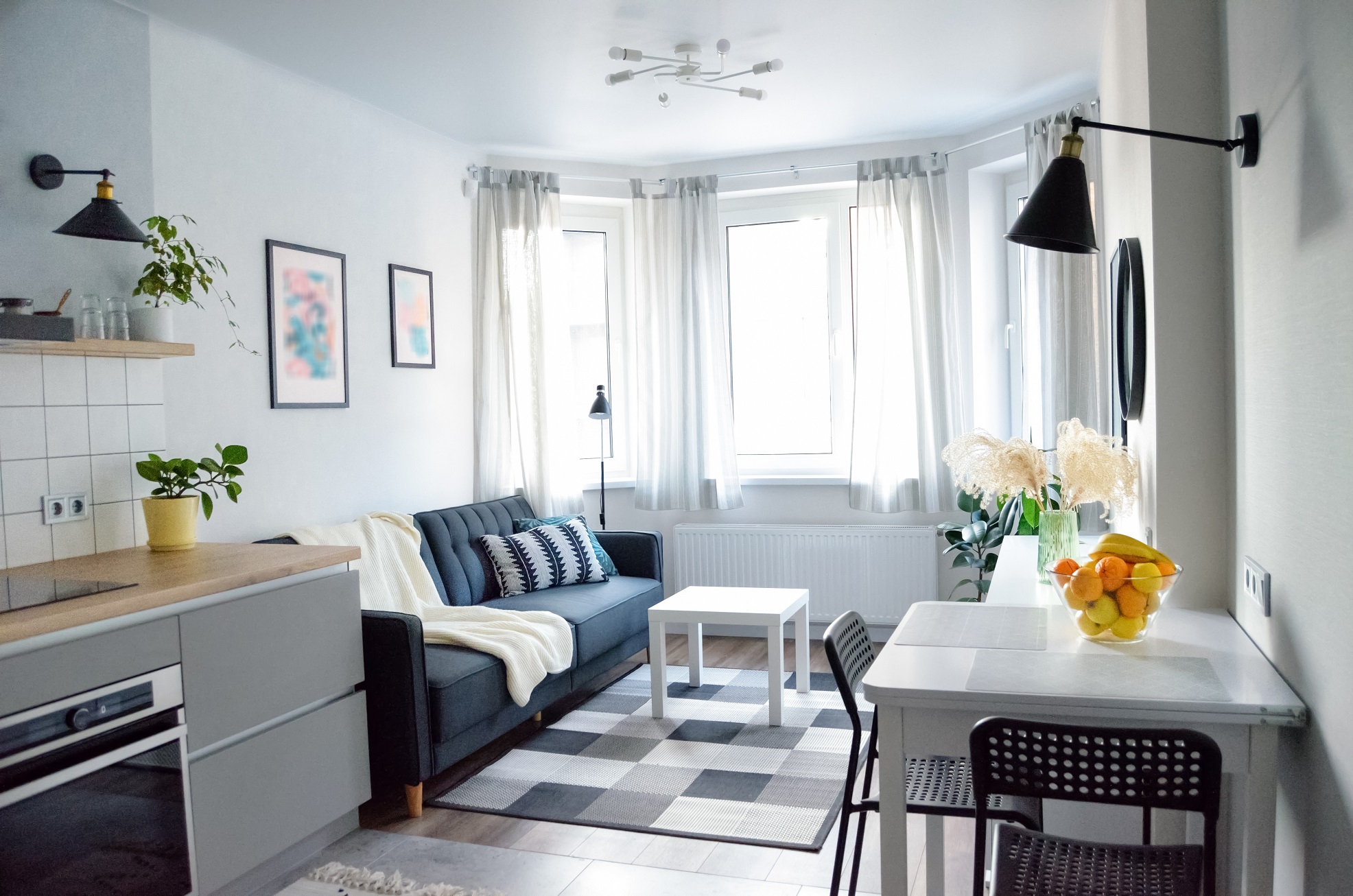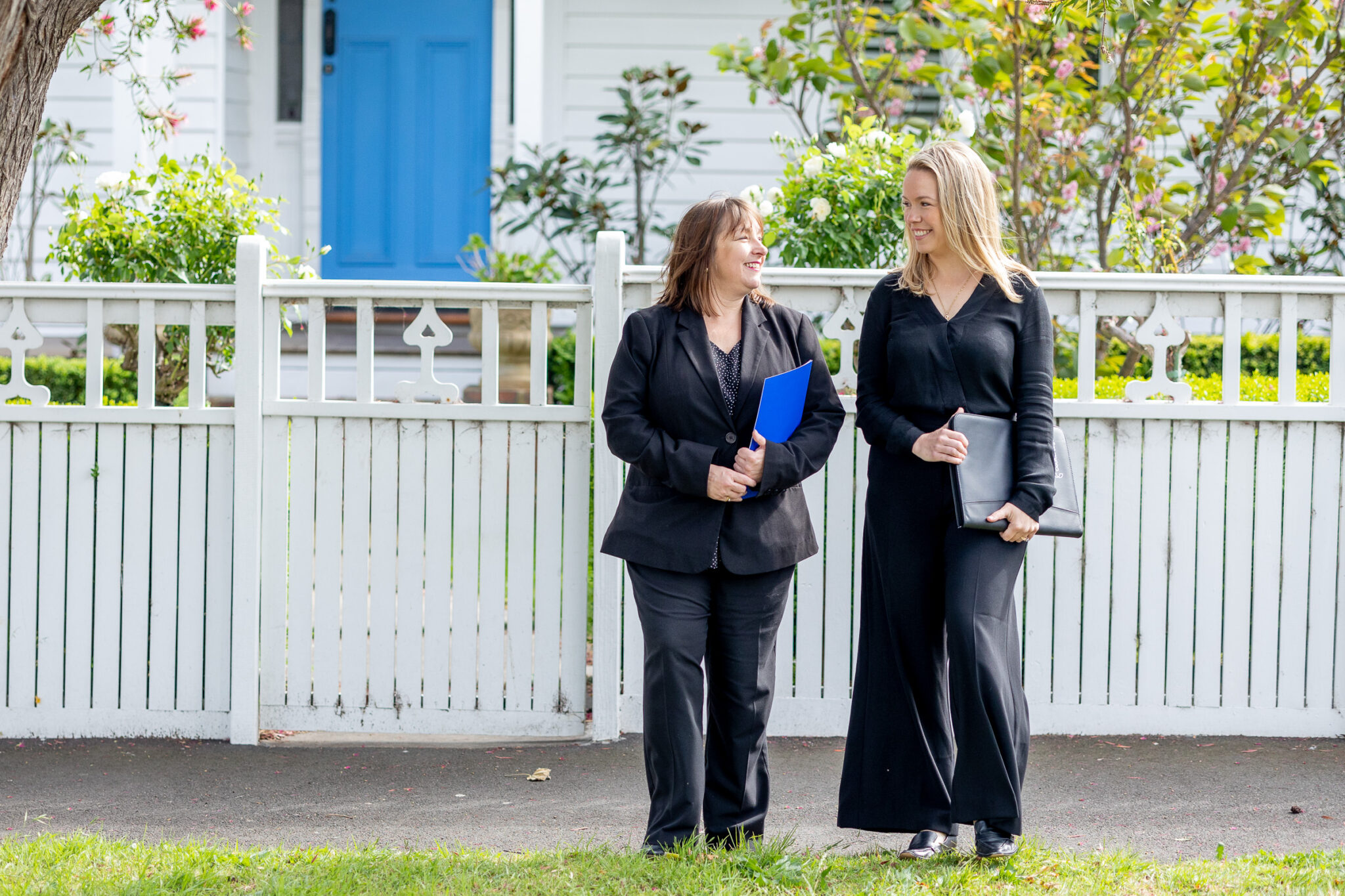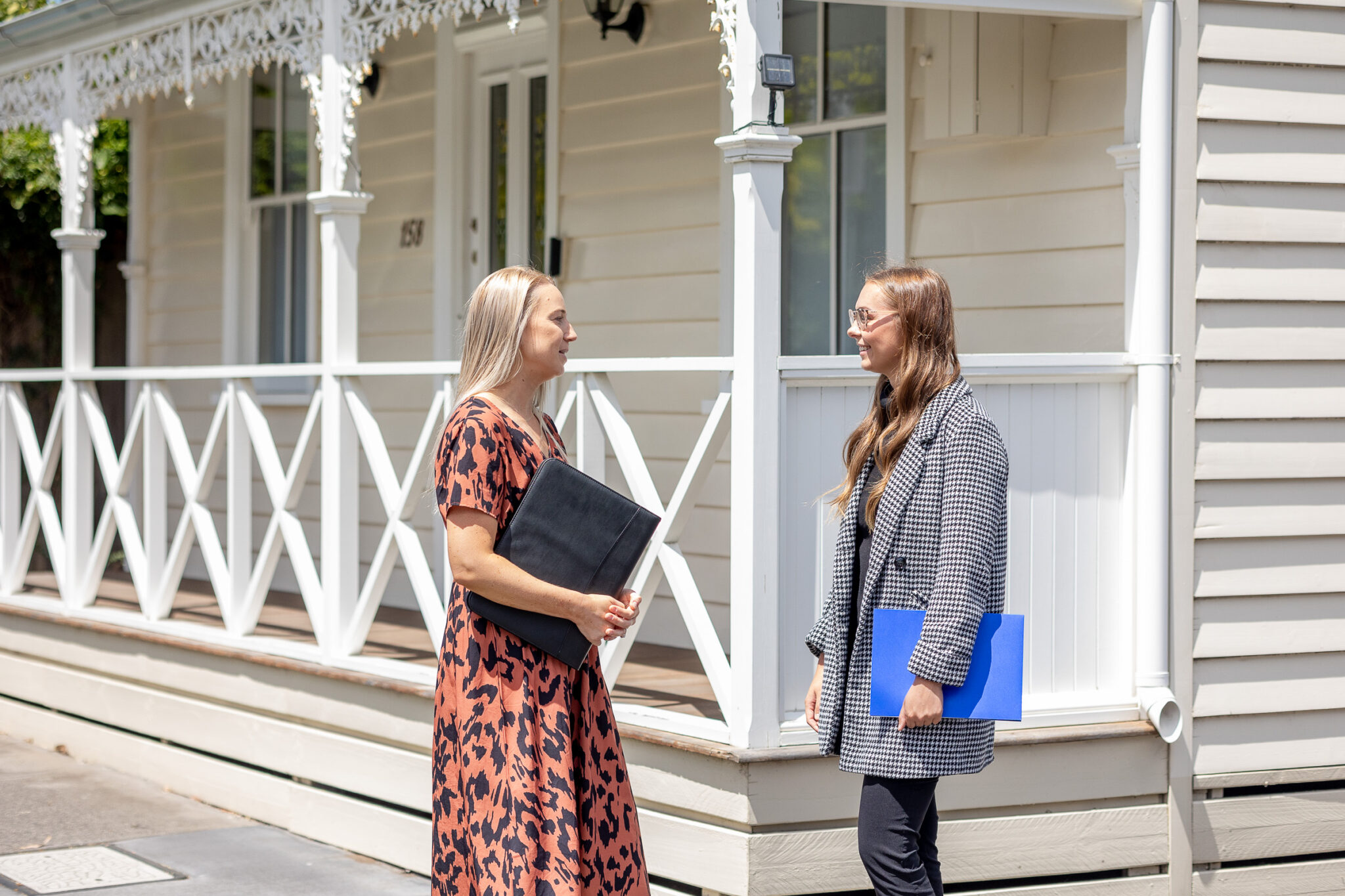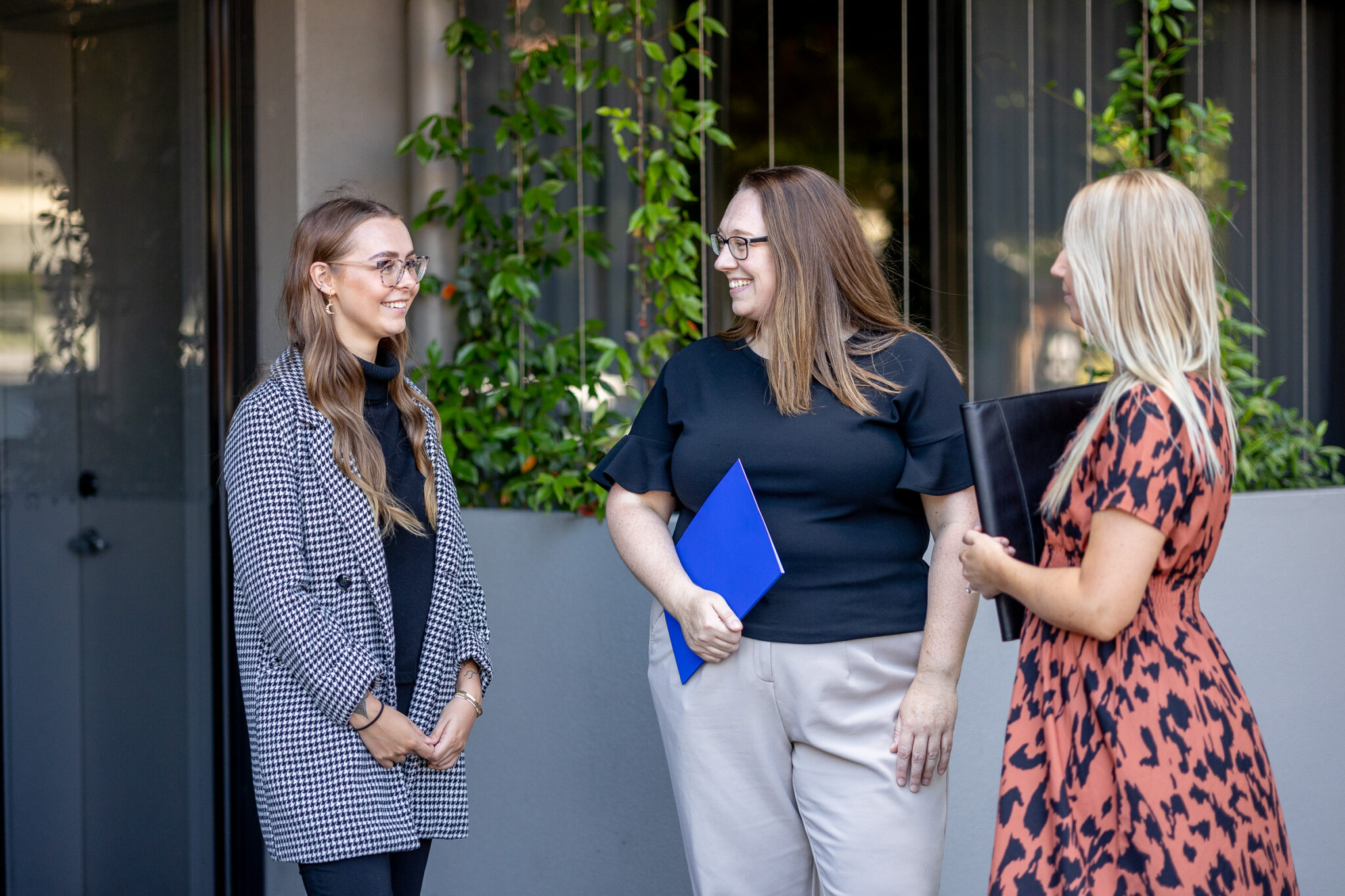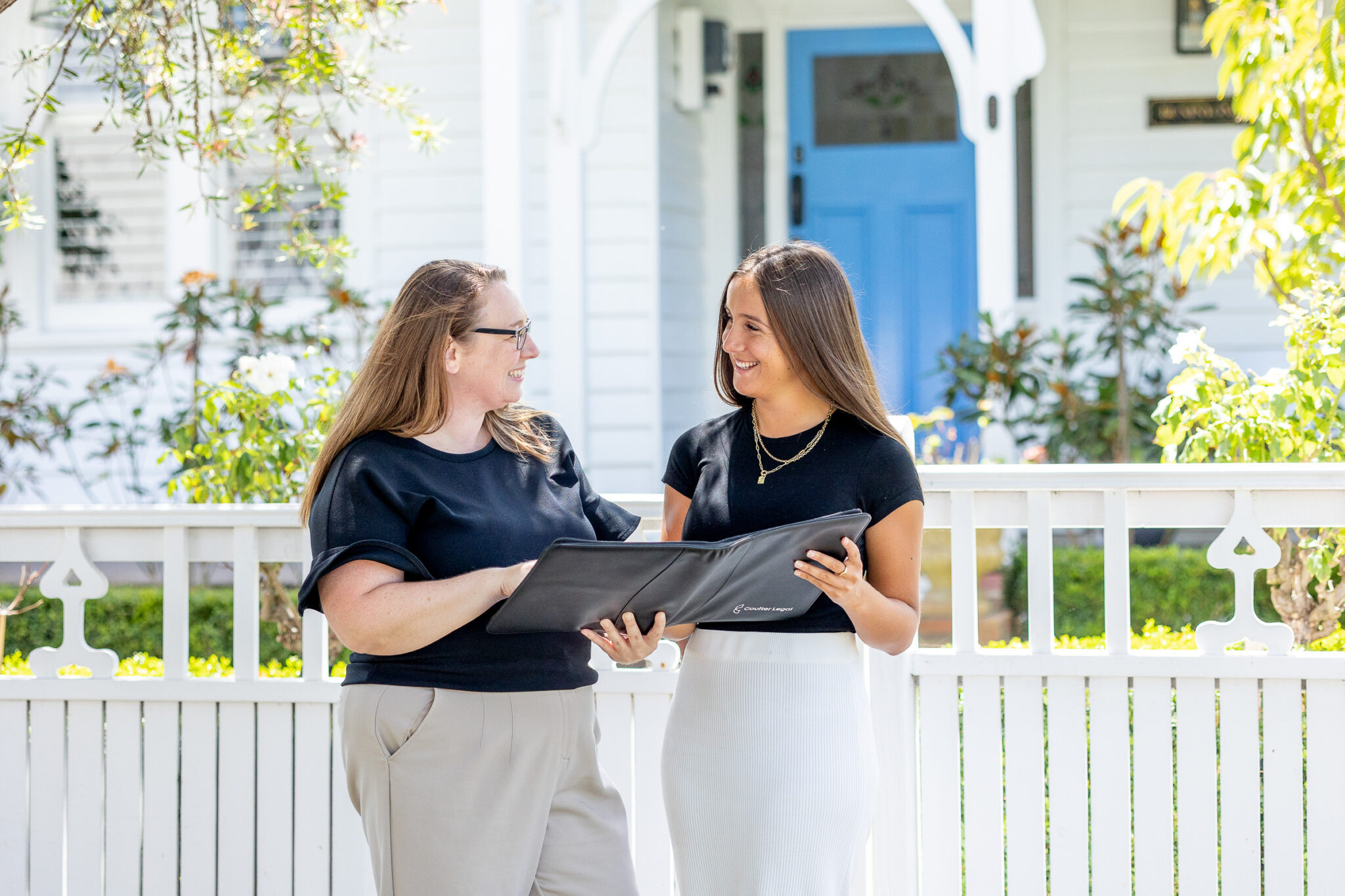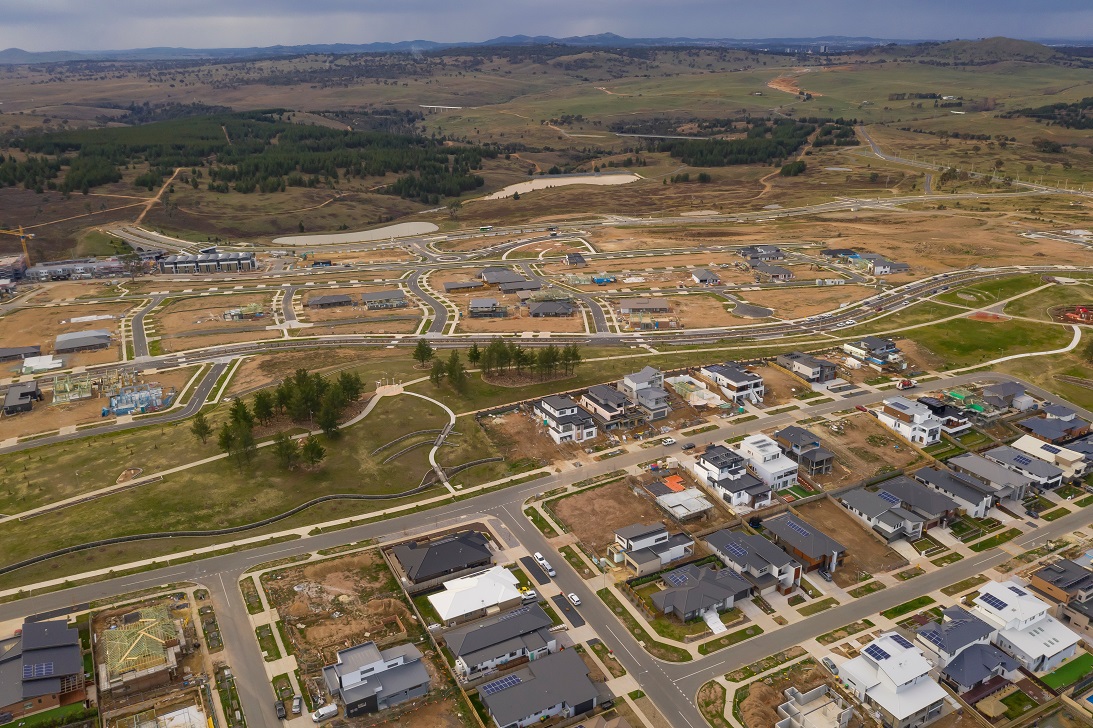Working out living arrangements for elderly people is a question nearly all Australian families must eventually decide on. Australians are an ageing population, meaning that people are living much longer than ever before and at some stage, maintaining a house or living on their own can become challenging for elderly people.
Given these challenges, Granny Flat Agreements are becoming increasingly common. For elder Australians, moving into a Granny Flat is a great way to live closer to your loved ones, an alternative to aged care and can assist your children financially by providing them with a first home or investment property.
What is a Granny Flat Agreement?
A Granny Flat Agreement sets out all the terms of an agreement between the parties; where one party, usually the parent or parents of one of the owners of the property, agrees to pay a sum of money in return for a right to reside in the Property for life.
Broadly speaking, Granny Flat Agreements typically favour the interests of the older party given the potential financial, health and social security disadvantages that may arise.
Does a Granny Flat Agreement need to be in writing?
There is no formal requirement that the Agreement be in writing, which may make this option appear to be easier and quicker. However, it is highly recommended that parties enter into a written agreement under the guidance and advice of a legal and financial professional to protect the rights of each party.
A written agreement does not mean that a person does not trust their family, rather it will prevent misunderstanding, confusion and will promote family harmony. It will also ensure certainty and transparency as each of the parties to the agreement will have a clear understanding of the terms.
What type of property is considered a Granny Flat?
The Granny Flat Agreement can include a property that is in the same building as the owner of the home, or it can be a separate, self-contained building on someone else’s land.
Granny Flat Agreements and Centrelink
Granny Flat Agreements can be made for the purposes of social security.
It is important to make sure that an agreement is properly drafted to ensure that the amount paid for the right to reside is not considered a “gift”. For Centrelink purposes gifting is where a person gives away an asset without getting something of at least equal value in return.
Typically, Centrelink recognises that Granny Flat Agreements are usually family arrangements. Payment for construction costs to provide accommodation or the transfer of property is not considered a ‘gift’. But if the amount paid exceeds the building costs, or is in addition to the property being transferred, Centrelink will apply the reasonableness test.
Centrelink will look at the value of the asset transferred to determine if the parent/s paid a ‘reasonable amount.’ If Centrelink considers that the parent has transferred more than the value of the granny flat, Centrelink will decide that the parent has been deprived of an assert – this can affect pension payments.
What should a Granny Flat Agreement Cover?
It is important to know, that Granny Flat Agreements are not a one size fits all. The circumstances of every family are different, which allows these Agreements to be tailored to the needs of the parties.
Generally, Granny Flat Agreements can cover the following:
- What would happen if the property were to be sold or a change in circumstances occurs. This can include if required: age care, illness, injury, financial hardships, or separation.
- Licence to Occupy
- The Duration of the Agreement
- The Specifications of the Unit/granny flat
- Who is responsible for furnishing and maintenance of the Granny Flat
- Payment of utilities and outgoings
- Termination
- Dispute resolution
- Incapacity
It is important that a Granny Flat Agreement correctly reflects what has been agreed upon between all of the parties and adequately protects rights of each.
If you require further advice or are considering entering into a Granny Flat Agreement the Property and Development team at Coulter Legal will be able to assist you.
